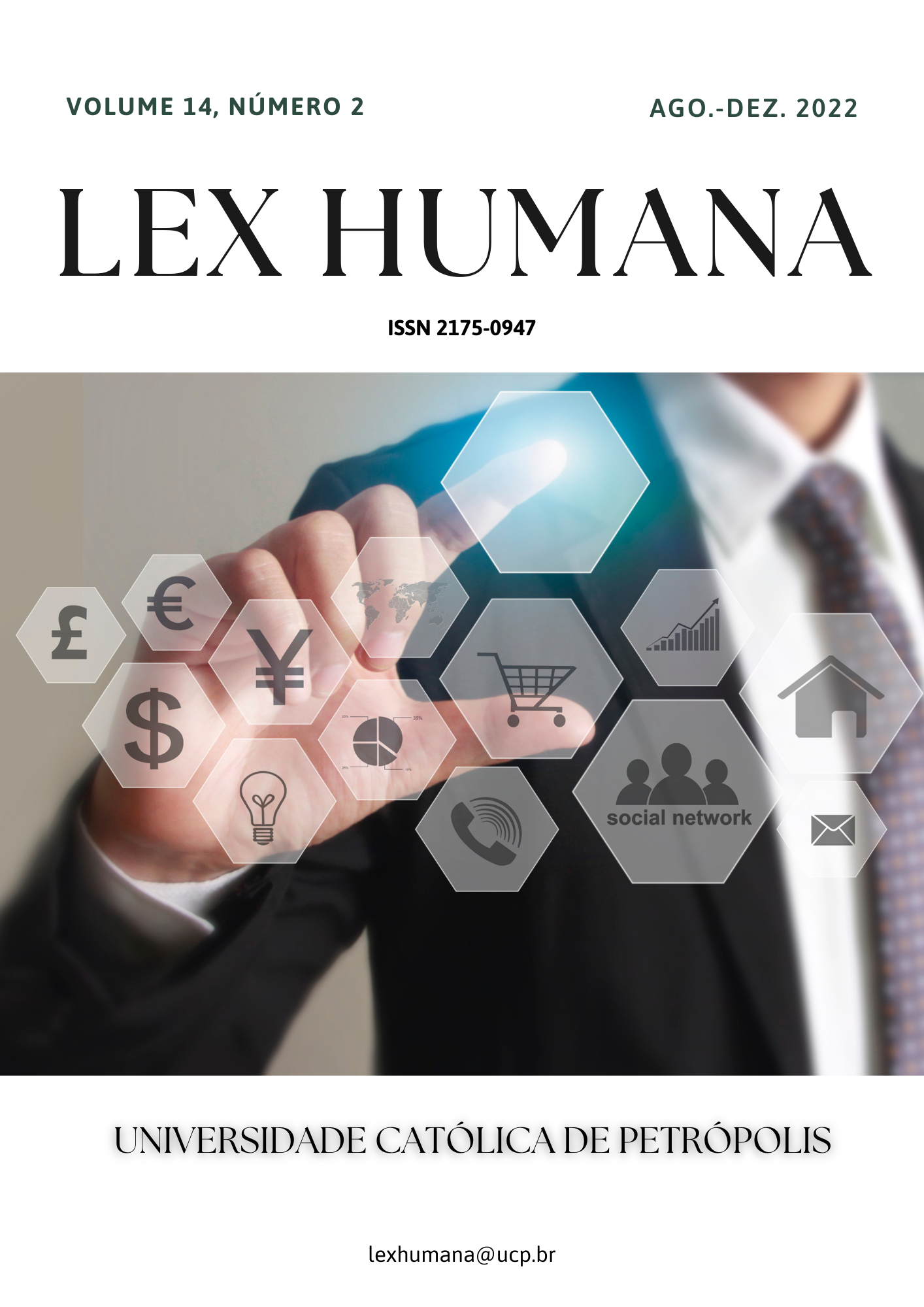Abstract
The article describes and analyzes the research methods of political journalism in the axiological context. For a researcher, appealing to values means diving into the space of meanings and interpretations, which are difficult to grasp within the framework of the positivist epistemological paradigm that dominates the Western research tradition. There is a need to combine the interpretivist and positivist paradigms in the study of political journalism through the prism of values. Another problem consists in the analysis of empirical data. The use of quantitative methods entails a risk of underestimating the subjective interpretations of political events in journalism, while qualitative methods are not always representative in a broad context. The authors propose an algorithm of research in the sphere of political journalism axiology that accounts for a variety of methods used in the study of mass communications.
References
Avdeeva, I. A. 2012. “Formirovanie tsennostei kak filosofskaia, sotsialnaia i kulturologicheskaia problema [Formation of values as a philosophical, social, and cultural problem]”. Tambov University Review 3(107): 257-268.
Alekseev, A. P., Alekseeva, I. Iu. 2016. “Informatsionnaia voina v informatsionnom obshchestve [Information war in the information society]”. Problems of Philosophy 11: 5-14.
Bagdasarian, V. E., Sulakshin, S. S. 2012. “Vysshie tsennosti Rossiiskogo gosudarstva. [The highest values of the Russian state]”. Moscow: Nauchnyi ekspert, 624 p.
Blokhin, I. N. 2018. “Kommunikativnaia model sotsialnogo sistemotvorchestva [Communicative model of social system creation]”. Pushkin Leningrad State University Journal, 3-1: 95–106.
Volodenkov, S. V. 2016. “Mediatizatsiia i virtualizatsiia sovremennogo prostranstva publichnoi politiki [Mediatization and virtualization of modern public policy space]”. Communicology, 4(4): 125-136.
Gureeva, A. N. 2016. “Teoreticheskoe ponimanie mediatizatsii v usloviiakh tsifrovoi sredy [Theoretical understanding of mediatization in the digital environment]”. Bulletin of Moscow University. Series 10. Journalism, 6: 192-208.
Isakov, A. L. 2012. “Vozmozhnosti, sposoby i metody modelirovaniia iavleniia arkhaizatsii politicheskikh protsessov [Possibilities, means, and methods of modeling the phenomenon of the archaization of political processes].” State and Municipal Management. Scholarly Notes of the North Caucasus Academy of Public Service, 3: 134-140.
Korkonosenko, S. G. 2015. “Politicheskaia teoriia zhurnalistiki [Political theory of journalism].” In: Korkonosenko, S. G. (ed.) Politicheskaia zhurnalistika. (Moscow: Iurait), 10-150.
Kuhn, T. 2009. “Struktura nauchnykh revoliutsii. [The structure of scientific revolutions]”. Moscow: Ast Moscow, 317 p.
Kurushkin, S. V. 2019. “Zhurnalistika v tsifrovoi srede: tendentsii i problemy nauchnogo issledovaniia [Journalism in the digital environment: trends and problems of scientific research]”. The Age of Information, 7(4): 11–18.
Lakatos, I. 2008. “Falsifikatsiia i metodologiia nauchno-issledovatelskikh programm [Falsification and the Methodology of Scientific Research Programmes]”. In: Izbrannye proizvedeniia po filosofii i metodologii nauki. (Moscow: Akademicheskii proekt; Triksta), 279‒475.
Lukianov, V. G. 2015. “Russkaia religioznaia aksiologiia. [Russian religious axiology.]”. Saint Petersburg: Aleteiia Istoricheskaia kniga.
Korkonosenko, S. G. (ed.) 2021. Nauchno-pedagogicheskie shkoly zhurnalistiki v Rossii [Scientific and pedagogical schools of journalism in Russia]. Saint Petersburg: Aleteiia, 276 p.
Ocheretianyi, K. A. 2019. “Kompiuternye igry: epistemicheskii resurs tsifrovoi kultury [Computer games: an epistemic resource of digital culture]”. In: Argamakova A.A. (ed.), Sotsialnye i tsifrovye issledovaniia nauki (Moscow: Russian Society for History and Philosophy of Science), 108-123.
Panarin, V. I., Puchkov, O. E., Pfanenshtil, I. A., Iatsenko, M. P. 2020. Evoliutsiia aksiologii i ee rol v reshenii aktualnykh sotsialno-filosofskikh problem razvitiia noosfery [The evolution of axiology and its role in the resolution of the current socio-philosophical problems of noosphere development]. Bulletin of the Institute of the development of Biosphere, 3(14).
Popper, K. 2005. “Logika nauchnogo issledovaniia. [The Logic of Scientific Discovery.]”. Moscow: Respublika, 447 p.
Ricoeur, P. 2008. “Konflikt interpretatsii. Ocherki o germenevtike. [The Conflict of Interpretations. Essays in Hermeneutics.]”. Moscow: Akademicheskii proekt, 695 p.
Savchuk, V. V., Ocheretianyi, K. A. 2021. “Tsifrovoi povorot: globalnye tendentsii i lokalnye spetsifiki [The digital turn: global trends and local specifics]”. Problems of Philosophy, 4: 5–16.
Sartre, J.-P. 2008. “Problemy metoda. Stati. [The Problem of Method. Articles.]”. Moscow: Akademicheskii proekt, 222 p.
Solovev, V. S. 1988. “Krizis Zapadnoi filosofii (Protiv pozitivistov) [The crisis of Western philosophy (Against the positivists)]”. Essays in 2 vols. Vol. 2. Moscow: Mysl.
Khochunskaia, L. V. 2012. “Mediinye “lidery mnenii” kak vyrazhenie tsennostei auditorii [Media “opinion leaders” as an expression of audience values]”. Zhurnalistika v 2011 godu: Tsennosti sovremennogo obshchestva i sredstva massovoi informatsii. Proceedings of the International Scientific and Practical Conference. Moscow: Faculty of Journalism, Lomonosov Moscow State University, 214.
RBK, Politics. 2012. “Shoigu nazval glavnuiu vnutrenniuiu ugrozu dlia liuboi strany [Shoigu names the main internal threat to any country]”. Available at: https://www.rbc.ru/rbcfreenews/611291069a794726b7e9687d (August 10, 2021)
Shokhin, V. K. 2000. “Aksiologiia [Axiology]”. In: Novaia filosofskaia entsiklopediia: v 4 t. Moscow: Mysl, 2000-2001. Available at: https://iphlib.ru/library/collection/newphilenc/document/HASH0147b7e8f087b539ec51af47?p.s=TextQuery(August 10, 2021)
Shchedrovitskii, G. P. 1995. “Skhema mysledeiatelnosti – sistemno-strukturnoe stroenie, smysl i soderzhanie [Scheme of thought activity – systemic-structural composition, meaning, and content] Izbrannye trudy”. Moscow: Shk.Kult.Polit.
Koukoutsaki-Monnier, A., Seoane, A. 2021. Discours de haine sur l’internet. In Hal. Archives-ouvertes. hal-02153771, version 1. Available at: https://hal.archives-ouvertes.fr/hal-02153771

This work is licensed under a Creative Commons Attribution-NonCommercial-NoDerivatives 4.0 International License.
Copyright (c) 2022 Lex Humana (ISSN 2175-0947)

